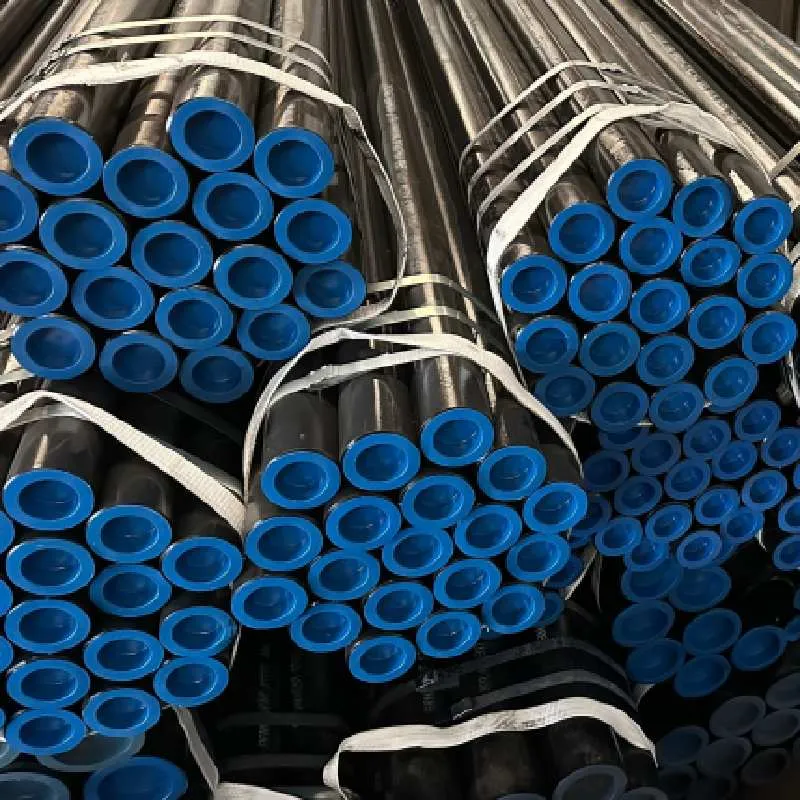-
Cangzhou Yulong Steel Co., Ltd.
-
Phone:
+86 13303177267 -
Email:
admin@ylsteelfittings.com
- English
- Arabic
- Italian
- Spanish
- Portuguese
- German
- kazakh
- Persian
- Greek
- French
- Russian
- Polish
- Thai
- Indonesian
- Vietnamese
- Zulu
- Korean
- Uzbek
- Hindi
- Serbian
- Malay
- Ukrainian
- Gujarati
- Haitian Creole
- hausa
- hawaiian
- Hebrew
- Miao
- Hungarian
- Icelandic
- igbo
- irish
- Japanese
- Javanese
- Kannada
- Khmer
- Rwandese
- Afrikaans
- Albanian
- Amharic
- Armenian
- Azerbaijani
- Basque
- Belarusian
- Bengali
- Bosnian
- Bulgarian
- Catalan
- Cebuano
- China
- China (Taiwan)
- Corsican
- Croatian
- Czech
- Danish
- Esperanto
- Estonian
- Finnish
- Frisian
- Galician
- Georgian
- Kurdish
- Kyrgyz
- Lao
- Latin
- Latvian
- Lithuanian
- Luxembourgish
- Macedonian
- Malgashi
- Malayalam
- Maltese
- Maori
- Marathi
- Mongolian
- Myanmar
- Nepali
- Norwegian
- Norwegian
- Occitan
- Pashto
- Dutch
- Punjabi
- Romanian
- Samoan
- Scottish Gaelic
- Sesotho
- Shona
- Sindhi
- Sinhala
- Slovak
- Slovenian
- Somali
- Sundanese
- Swahili
- Swedish
- Tagalog
- Tajik
- Tamil
- Tatar
- Telugu
- Turkish
- Turkmen
- Urdu
- Uighur
- Welsh
- Bantu
- Yiddish
- Yoruba

Aug . 11, 2024 17:18 Back to list
Exploring Effective Strategies for Managing Cooling Water in Industrial Processes and Environmental Sustainability
The Importance of Cooling Water in Industrial Processes
Cooling water plays a crucial role in various industrial processes, ensuring the efficient operation of machinery and preventing overheating that can lead to equipment failure and costly downtime. As industries continue to grow and evolve, the demand for effective cooling solutions has become increasingly important. This article delves into the significance of cooling water, its applications, and the considerations that come with its use.
What is Cooling Water?
Cooling water refers to water used to absorb heat from industrial equipment and processes, thereby regulating temperature and maintaining optimal operating conditions. It is commonly employed in power plants, manufacturing facilities, chemical plants, and HVAC systems. Cooling water systems can be categorized into two main types open-loop and closed-loop systems. Open-loop systems draw water directly from a nearby source, such as rivers, lakes, or oceans, while closed-loop systems circulate water within a confined system, reducing environmental impact and conserving water.
Applications of Cooling Water
1. Power Generation In power plants, cooling water is essential for condensing steam back into water after it has passed through turbines. This process is vital to maintaining efficiency and preventing damage to the turbines.
2. Manufacturing Various manufacturing processes, such as metalworking and plastic production, generate significant amounts of heat. Cooling water helps to maintain the desired temperatures in equipment such as CNC machines and injection molding units, ensuring precision and reliability.
cooling water

3. Chemical Processing In the chemical industry, maintaining specific temperatures is vital for ensuring optimal reaction rates and product quality. Cooling water helps to control these temperatures, preventing unwanted reactions and ensuring safety.
4. HVAC Systems In commercial buildings, cooling water is used in chillers to regulate indoor temperatures. By efficiently removing heat from the building, cooling water systems contribute to optimal comfort levels for occupants.
Environmental Considerations
While cooling water is essential for many industrial processes, its use can have significant environmental impacts. The extraction of water from natural sources can disrupt local ecosystems, especially if the water is not returned in a sustainable manner. Additionally, thermal pollution can occur when heated water is discharged back into water bodies, raising temperatures and harming aquatic life.
To mitigate these issues, many industries are adopting more sustainable practices. Closed-loop cooling systems, for example, significantly reduce water consumption by recycling water within the system. Other technologies, such as dry cooling and hybrid cooling systems, minimize water use and lower thermal pollution, contributing to more sustainable industrial practices.
Conclusion
In conclusion, cooling water is an indispensable component of many industrial processes, providing essential temperature regulation that ensures efficiency and safety. As industries face increasing pressure to operate sustainably, the development and implementation of innovative cooling technologies will be crucial. By balancing the need for effective cooling solutions with environmental stewardship, industries can continue to thrive while protecting the planet’s valuable water resources. As we move forward, the focus on optimizing cooling water usage will not only enhance industrial efficiency but also support the broader goals of sustainability and environmental conservation.
Latest news
-
ANSI 150P SS304 SO FLANGE
NewsFeb.14,2025
-
ASTM A333GR6 STEEL PIPE
NewsJan.20,2025
-
ANSI B16.5 WELDING NECK FLANGE
NewsJan.15,2026
-
ANSI B16.5 SLIP-ON FLANGE
NewsApr.19,2024
-
SABS 1123 FLANGE
NewsJan.15,2025
-
DIN86044 PLATE FLANGE
NewsApr.19,2024
-
DIN2527 BLIND FLANGE
NewsApr.12,2024
-
JIS B2311 Butt-Welding Fittings LR/SR 45°/90° /180°Seamless/Weld
NewsApr.23,2024











